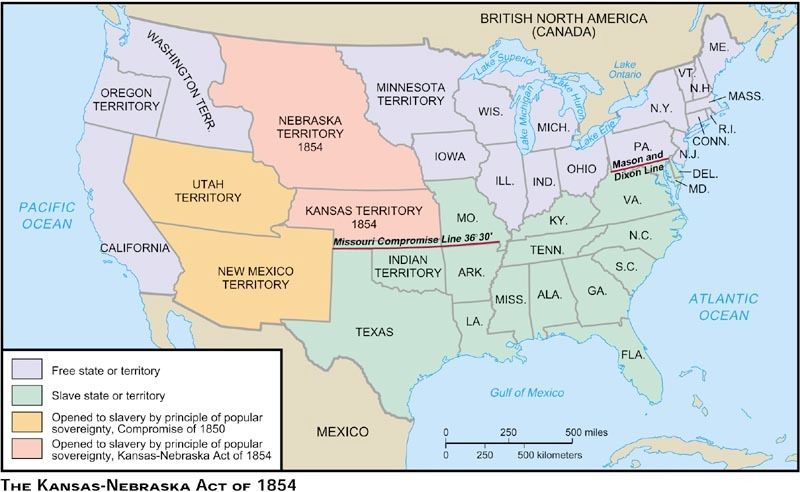
Posted on 07/01/2016 6:24:15 AM PDT by Homer_J_Simpson

This gets a “wow.” Legislature dissolved by the Federal military. Things are bad in our country, but we haven’t gone that far...
...yet.
They picked quite a day for the action - the 80th anniversary of July Fourth, 1776. The rationale for it was that the free-state legislature was “extra-legal,” there being a pro-slavery legislature in place when the Topeka legislature was formed.
I just read in a biography of Jefferson Davis that, as Secretary of War, he reprimanded Sumner for the action. As a cabinet official Davis seems to have done a fairly decent job. Not counting his really juvenile feud with Winfield Scott.
Whatever else we think of Davis for his role as POTCUSA, I generally looked at him as competent. Not everyone in this era was. During the war, he kept Braxton Bragg around far too long and under utilized Joe Johnston, but it’s not like Lincoln never had an incompetent general.
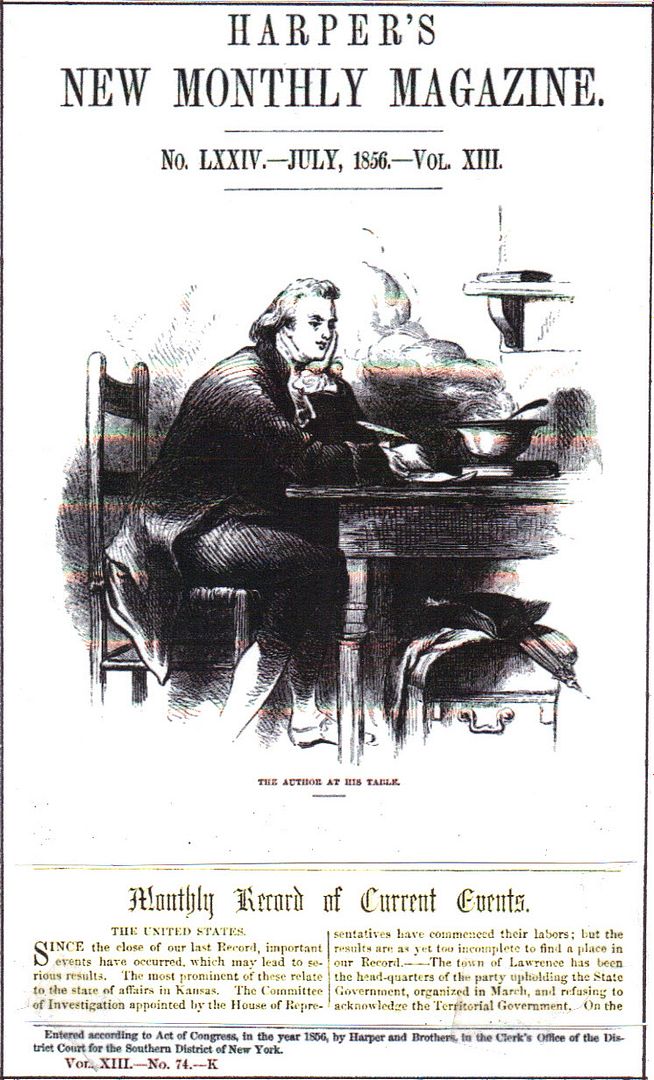
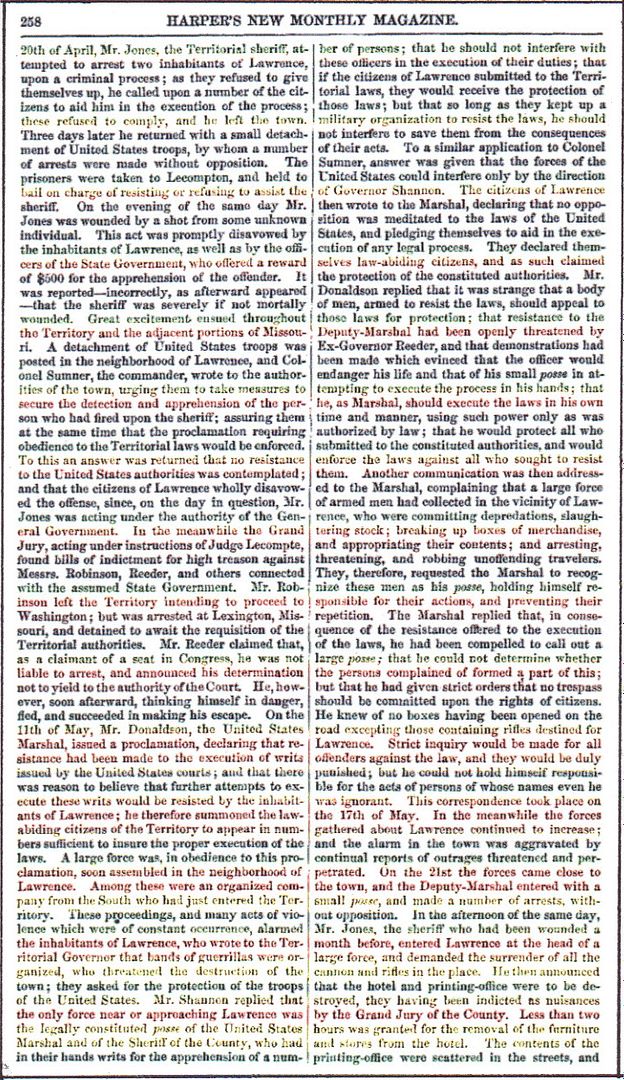
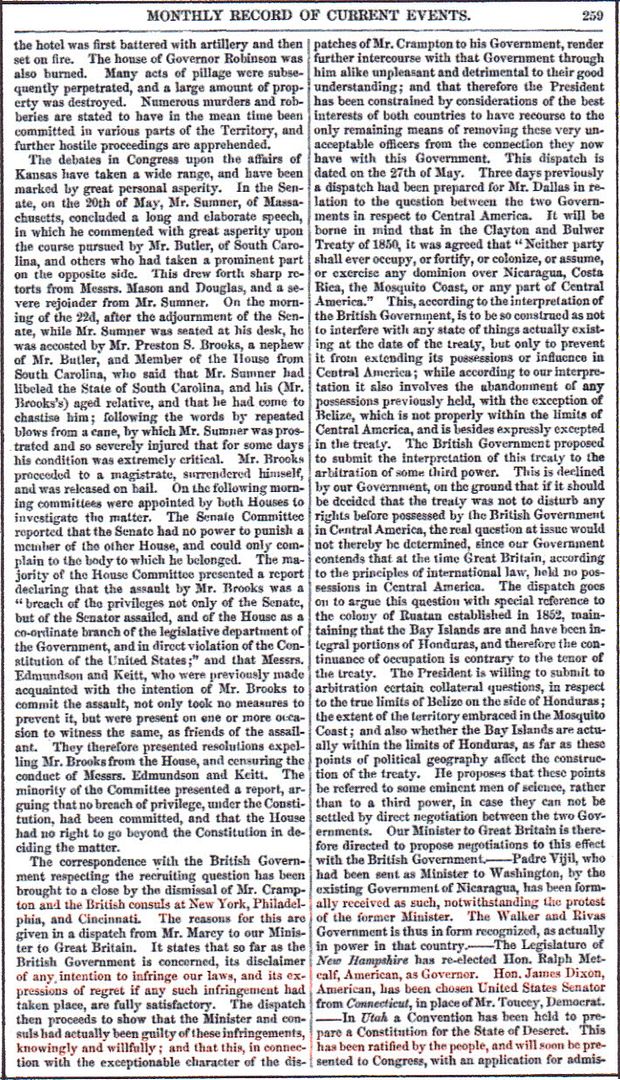
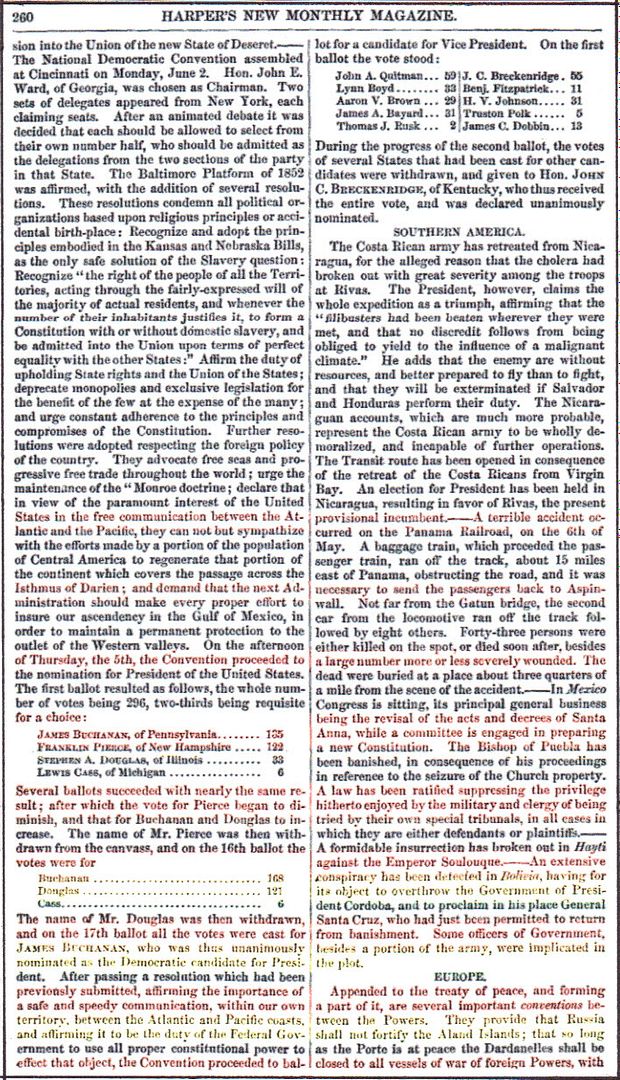
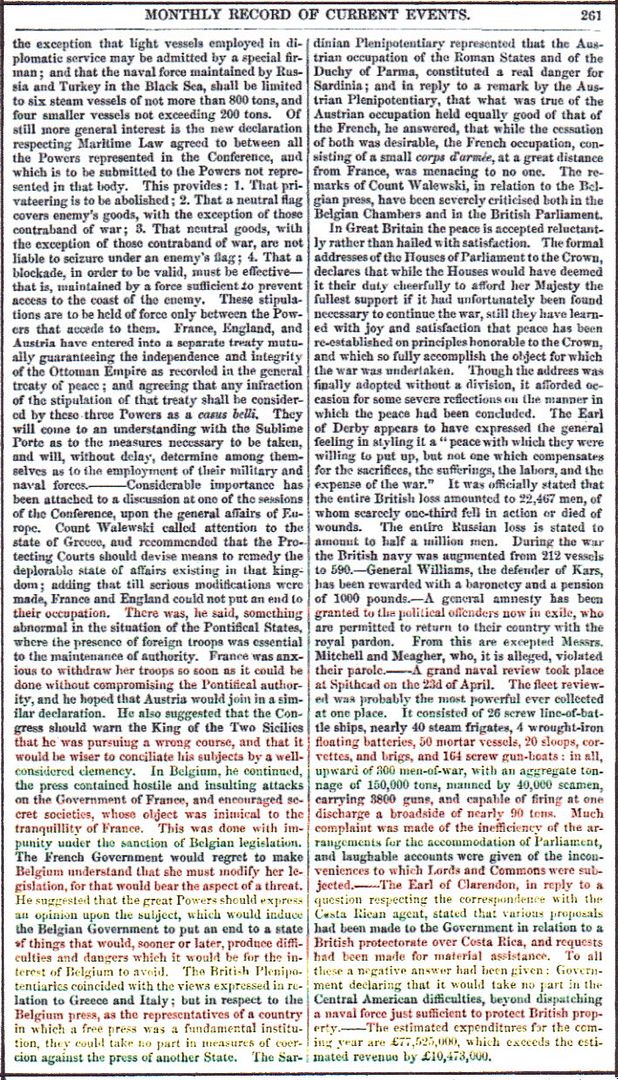
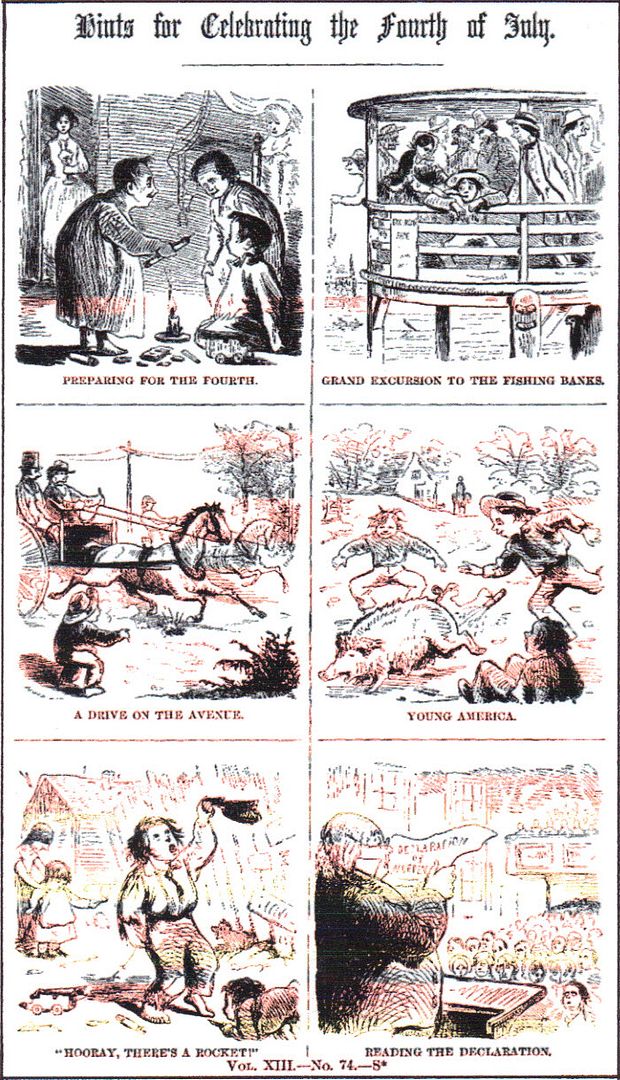
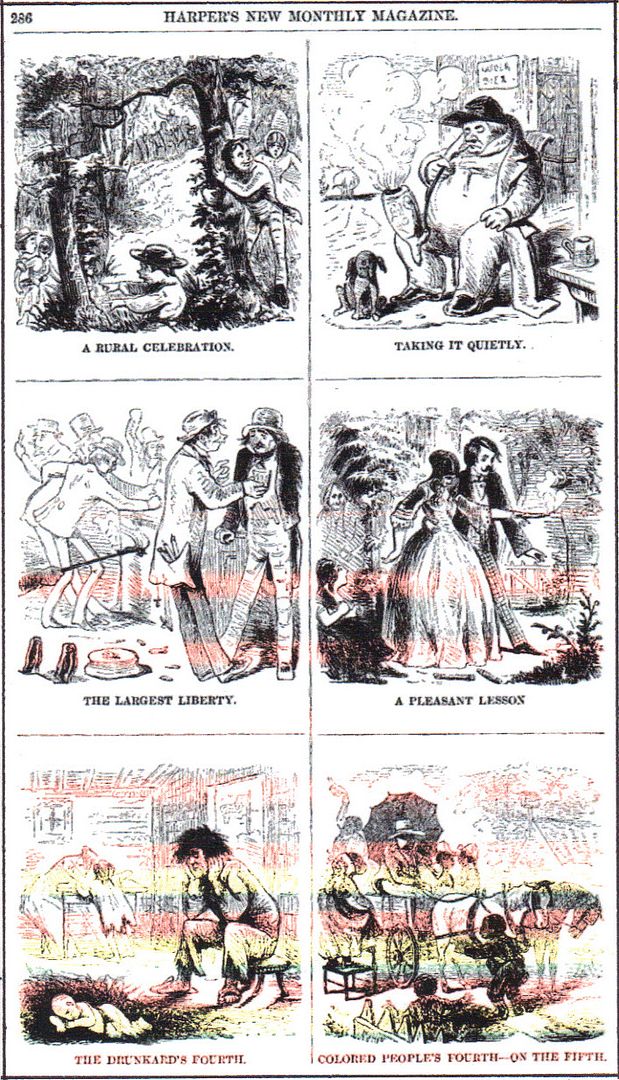
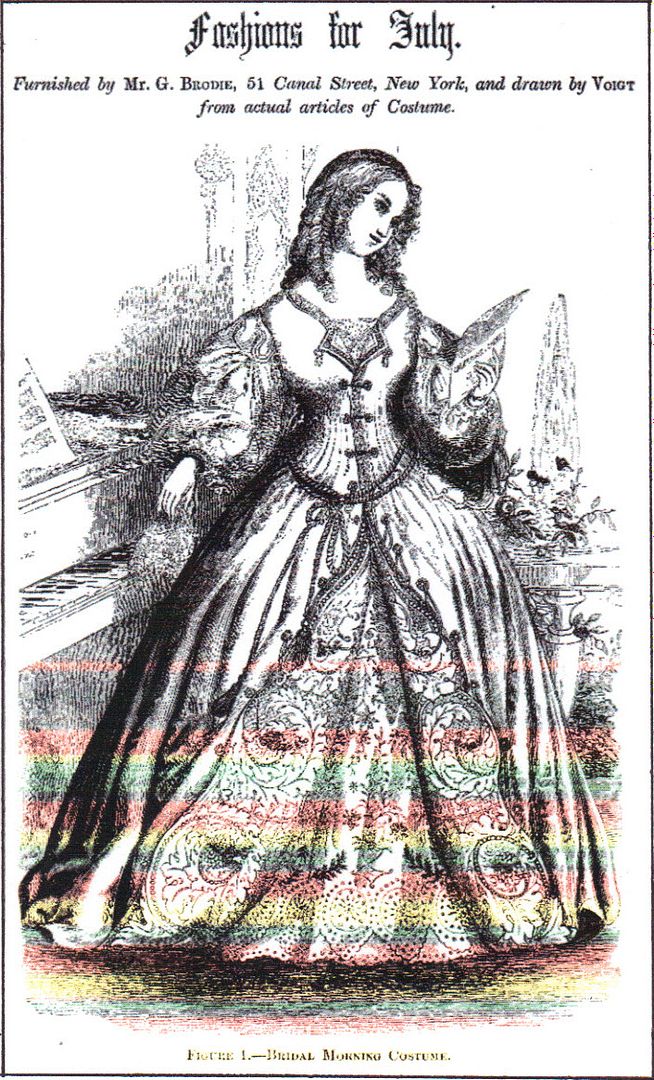
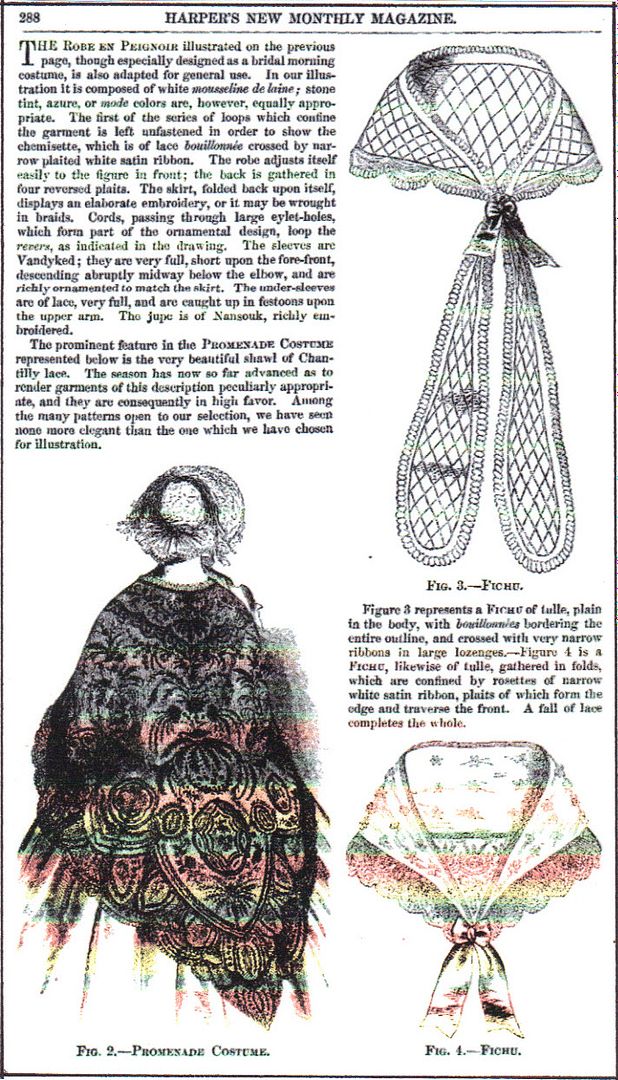
So the Sheriff went to round up some resisters, and got shot by an “unknown person.” The leaders of the people who the Sheriff went to arrest immediately disavowed any involvement in the act and denounced same.
This all has a familiar ring to it, except for the denouncement part.
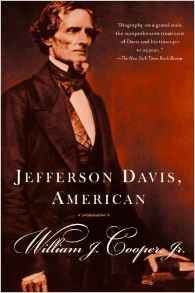
Jefferson Davis, American, by William J. Cooper Jr. (2000)
In my opinion this is a satisfying biography of the U.S. Representative and Senator, regimental commander in the U.S. Army, Secretary of War under President Pierce, and finally, President of the Confederate States of America. It presents a good combination of details of the life of the subject and the times in which he lived. (I have read through the first 11 chapters, which cover the period through the end of 1861.) Now that I have delved into a number of biographies of important characters from the Civil War era I can see that the life/times balance is a crucial factor for me since otherwise my knowledge of the period is limited. In a few days I will be posting a book report on a biography of Robert E. Lee I started just before this one. That book focused much more closely on the life than on the events he was living through than this book does and it is less enlightening as a result. Part of the difference may be due to the fact that Davis had a more interesting life than Lee, in some respects.
Jefferson Davis was born on June 3, 1808 in Christian County Kentucky. He was the 10th and last child of Samuel Emory and Jane Cook Davis. He was named after his father’s hero, Thomas Jefferson. None of his older siblings received much formal education but his father wanted it to be different for Jefferson. When he was 8 he went to St. Thomas College, the first Roman Catholic school west of the Alleghenys. He spent 3 years there. From ages 14-16 he attended Transylvania University in Lexington, Kentucky. At the time that now extinct institution was considered the equal of Harvard. During this period his father died and the paternal duties were taken up by Jefferson’s oldest brother, Joseph Davis. Joseph would become a surrogate father to and major influence on the much younger Jefferson. One of big bro’s first efforts was to land Jefferson an appointment to West Point.
The book steps back to describe the U.S.M.A. that Davis entered in 1824. The academy was “literally the creation of the superintendent . . ., Lieutenant Colonel Sylvanus Thayer . . .” Thayer was assigned to the post in 1817 and redesigned the academy virtually from the ground up. His influence is still felt at West Point. One of his innovations was the system of demerits handed out to cadets for a wide array of misdeeds. That was to be an important consideration to Cadet Davis, who seems to have had a problem with authority. Two miles from West Point was an establishment called Benny Havens’s Tavern. Cadets willing to risk their careers went there to obtain alcoholic beverages. Davis was caught there by an officer on one occasion and almost got kicked out of the academy as a result. He was also involved as a planner in the infamous episode known as the Christmas eggnog riot of 1826. He managed to escape punishment for that one, even though many cadets were dismissed from the corps. Between those scrapes and indifferent performance in the hard sciences Davis finished toward the bottom of his class and so was assigned to the infantry upon graduation. He served at various locations in the Mississippi River valley, including briefly in Illinois during the Black Hawk War. After about 7 years on active duty Davis resigned his commission to pursue a civilian career as a cotton planter. Before that, however, he met and became romantically involved with the daughter of his superior officer, Col. Zachary Taylor. Jefferson and Sarah Knox Taylor were married June 17, 1835. Sadly the young couple became ill with a particularly virulent strain of malaria in Louisiana three months after the wedding and Knox, as she was known, died on September 15. The date struck a chord for me so I checked the David Donald bio of Lincoln and confirmed it: Ann Rutledge, Lincoln’s fiancé and one true love – died of typhoid fever on August 25, 1835, three weeks exactly before Davis’ wife died.
Jefferson’s brother Joseph owned a large plantation on the Mississippi between Vicksburg and Natchez, MS. The land formed a big peninsula filling a sharp bend in the river. It carried the name Davis Bend. He gave Jefferson use of enough land to start a plantation of his own. The land was undeveloped so he (his slaves, actually) had to clear out the briers. The plantation which emerged he named Brierfield. Over several years Davis built up his plantation while sticking his toe into Democratic politics in Mississippi. That culminated with his election to congress in 1845, the same year he married his second wife, Varina Howell Davis. Before his first term ended he resigned his seat to take command of a Mississippi regiment bound for the Mexican War. He was given the rank of Colonel, higher than he had been during his earlier service. The Mississippi Rifles under his command went to northern Mexico to join Davis’ former father in law General Zachary Taylor’s campaign. Jefferson Davis served with distinction in the battles for Monterrey in October 1846 and then the Battle of Buena Vista on February 23, 1847. In the latter battle he was wounded in the foot. During the war most of Zachary Taylor’s troops were sent south to join Gen. Winfield Scott’s campaign to take Mexico City. This left Taylor vulnerable to attack, which the Mexicans did. Only a heroic defense by the American forces – including the Mississippi Rifles – staved off complete destruction of Taylor’s command. Bad blood resulted between Taylor and Scott that made for a feud between Scott and Davis when Davis became Secretary of War while Scott was the army’s commanding general.
After Buena Vista Davis turned down a promotion to Brigadier General and further war service to return to civilian life and a seat in the U.S. Senate, his for the asking as a newly minted war hero. He remained in the senate until 1852, when he resigned his seat to run for Governor as a Unionist against the secessionist Henry Foote. He lost. He campaigned for Democratic presidential nominee Franklin Pierce in the campaign of 1852 and when that was successful Davis was rewarded with a cabinet seat as Secretary of War in the Pierce administration. Other than bickering with General Scott Davis did a good job in the position. The War Department was almost paralyzed by its bureaucracy and seniority system, and Davis worked hard to improve it. He sent a team to Europe to study the latest in military operations. He tried to expand the army so it would have a better chance of success with its primary task of protecting settlers on the frontiers of American expansion. He tried to get the transcontinental railroad completed (or started). Since there was no railroad to provide army transport to the west coast he ordered experimentation with camels to fill the gap. He also kept an eye on technological developments that might provide new tools for the army. In many cases the tight-fisted congress thwarted his effort by withholding funds, but he did what he could.
That is where we find Jefferson Davis in July 1856 – Secretary of War during the final year of the Pierce administration. I have no excerpts from Jefferson Davis, American to post until next year.
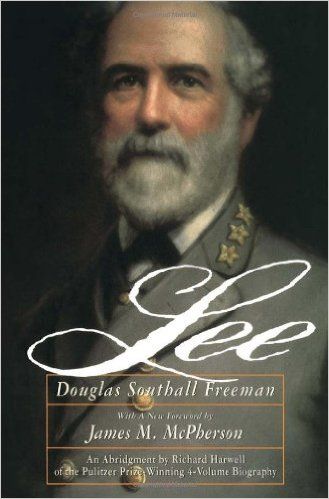
This book is a one-volume abridgement of the 4-volume original biography of Robert Edward Lee by Douglas Southall Freeman. The abridgement was done by Richard Harwell. According to a preface by James M. McPherson the original Freeman multi-volume set is the gold standard of Lee biographies.
I considered acquiring the Lee bio by Michael Korda. I liked his “Ike” and “With Wings Like Eagles,” on the Battle of Britain. But I recalled that his style, while informative and entertaining, does not lend itself well to the day-by-day excerpting helpful in a project like this. The Freeman-Harwell book meets that requirement just fine. My problems with it are of a different sort, and I don’t know if my criticism should be aimed at the original or the abridgement, or a combination of the two. The narrative focuses so closely on Lee that it tends to miss what is going on around him. This is less a “life and times” account than a “life of” account. An example of this is the story of Lee’s time at West Point. We learn that Lee made it through all four years without a demerit but little more than that except who were his main competitors in class standing from one semester to the next. By contrast, I am now reading a bio of Jefferson Davis, who was one class ahead of Lee. The Davis biography (by William J. Cooper Jr.) gives the reader a lot of good background information on the West Point of the early 19th century and its most influential superintendent – Col. Sylvanus Thayer. There are some funny and revealing stories about Jefferson Davis during his West Point years included in Coopers book. Can the same be said of Lee’s time there? Freeman/Harwell doesn’t say.
The Freeman/Harwell account of the Mexican War is similarly limited. Lee had a highly distinguished record in that war. He behaved courageously, exhibiting good leadership skills, fortitude under adverse conditions and used his engineering skills to achieve decisive results. (In doing so, incidentally, he became a personal favorite officer of the U.S. Army commander, Gen. Winfield Scott.) But it is all seen in close up. The big picture of what happened around him is missing. Again, I compare “Lee” to a similar book – “Grant,” by Jean Edward Smith (introduced by me March 17, reply #93 ) U.S. Grant played a much less exalted role in the Mexican War than Lee – not surprising, as Grant had 14 fewer years of seniority than his future nemesis – but I learned a great deal more about the Mexican war from reading “Grant” than I did from “Lee.” It seems to me that learning about the world the subject lives in is crucial to understanding the person. Maybe that background information was included in the 75% of the original 4 volume set and was cut for the abridged version. Too bad, if so.
McPherson explained in his preface that Freeman eschewed the omniscient narrator method of writing for the majority of the book that deals with the Civil War in favor of a “fog of war” style. That is, the reader learns only what Lee knew at any particular point during a battle or campaign. The idea is to help the reader understand Lee’s thought process as he made decisions and exercised command. That could work well for us when we get to 1861 and beyond, since we will be getting “the rest of the story” from any number of other sources.
Here are some facts about Lee’s life before 1856: Born January 19, 1807 in Virginia to Ann Carter Lee and Henry Lee. Henry “Lighthorse Harry” Lee had been a hero of the American Revolution and a friend of George Washington, but didn’t fare well in peacetime. Business setbacks cost him most of his property and left his family in a precarious position. Ann Lee admonished her son Robert to practice discipline and self-denial to avoid similar pitfalls. He took the lessons to heart. Lee won an appointment to West Point and attended 1825-29, graduating with honors. He worked in the Corps of Engineers until the Mexican War. On June 30, 1831 he married Mary Custis. For his distinguished service in the war he was breveted colonel. After two more years with the Corps of Engineers he was made Superintendent of the U.S. Military Academy at West Point. In that capacity he initially had trouble with discipline because well-connected cadets could get Lee’s decisions countermanded by friends in the War Department. That ended when fellow Mexican War veteran Franklin Pierce became President and appointed Mexican War veteran Jefferson Davis Secretary of War.
In March 1855 he was assigned to the cavalry and became second in command, as a Lt. Col., of the 2nd Cavalry Regiment, under Col. Albert Sydney Johnston.
With that, here is the first excerpt from “Lee.”
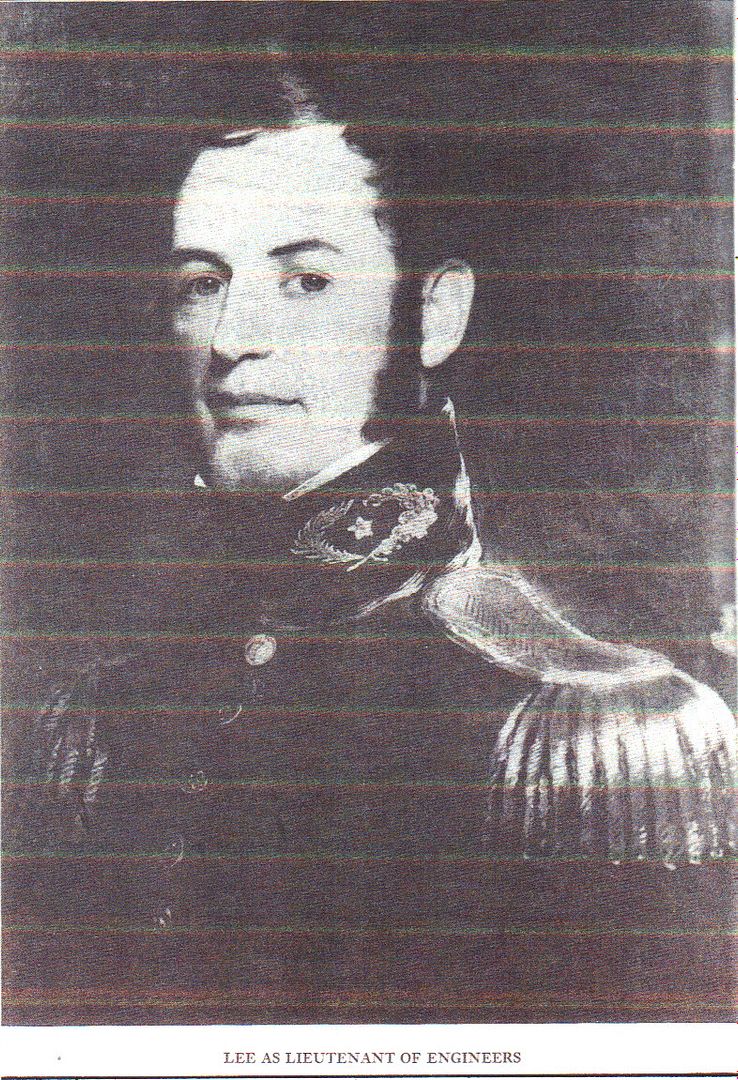
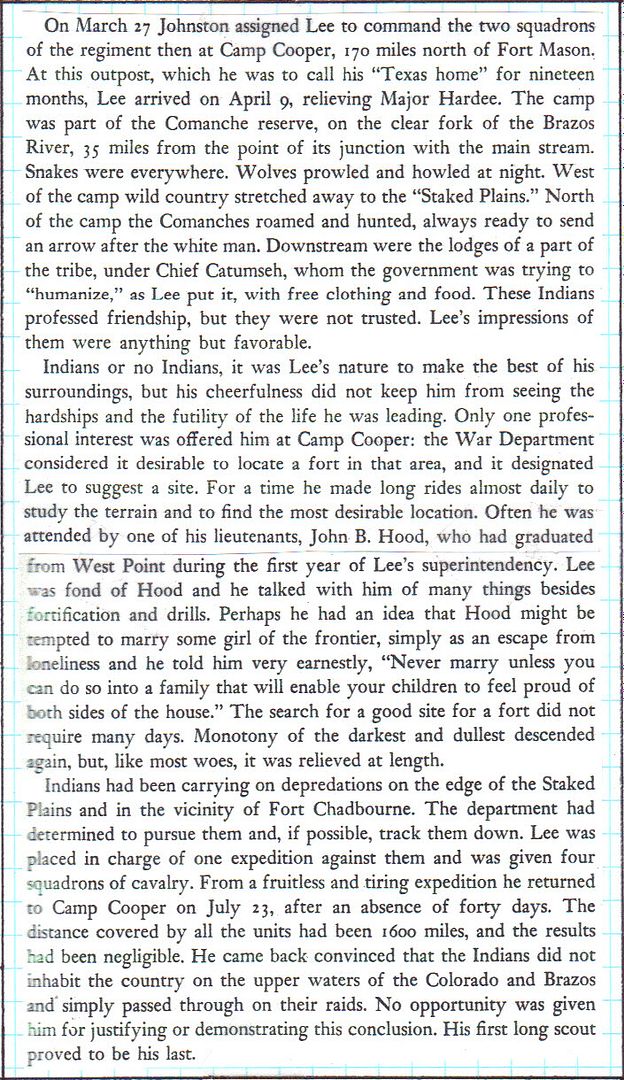
Douglas Southall Freeman, Lee, an abridgement by Richard Harwell
Wow ..... Lt John Bell Hood scouted with Lee for the Fort in Texas that would later be named after him as a General Hood in the Confederate Army ? Same location ??
Love reading this stuff..... thank you.
Not quite. Camp Cooper was near Abilene while Fort Hood is between Austin and Waco. Still, another of those fascinating details. Like the one I ran across in the Grant biography where the best man and ushers as his wedding in Missouri would later surrender to him at Appomattox.
Good post.
5.56mm
hmmm I got it mixed then.... seemed they left camp cooper to look for a fort site .... my bad, still good stuff.
BTTT !
On closer look the two could be the same. The text describes Camp Cooper as being 170 mi, north of Ft. Mason. It also says it was on the clear fork of the Brazos River, 35 miles from the point of its junction with the main stream. According to the Texas fort map I found that would make Camp Cooper almost due east of Ft. Mason. Comparing the modern day map of Texas that could be about mid-way between Austin and Waco.
http://www.lib.utexas.edu/maps/historical/tex_fedforts_1848.jpg
Note that the fort map doesn’t show any forts in the area described above. Maybe Lt. Hood and Lt. Col. Lee scouted a site for a fort that wouldn’t be built until the 20th century.
I have this on my Kindle! I just haven’t had time to get to it yet. Right now I’m working on “Stonewall Jackson: The Man, The Soldier, The Legend” by James Robertson. It’s almost 1000 pages, so I will be at it for awhile I think.
https://www.amazon.com/Stonewall-Jackson-James-Robertson/dp/0028646851
I can spend days researching this kind of stuff.... consumes a lot of my time, road trip !!
Thanks !
Upon further review I believe I was right the first time. Cooper is marked on the fort map I linked above north of Ft. Mason and there is a fork in the Brazos up there. I was looking at the wrong fork near the present day Ft. Hood.
Good info... grateful.
Not going to click. Wouldn’t be prudent. I am now working on a William T. Sherman bio and I want to get one for Nathan B. Forrest before I move on to general Civil War histories (thinking of Bruce Catton and Shelby Foote). I hope if you come across any news of General Jackson from whatever month we happen to be working on you can share it.
Yes, I will pass along an information I find.
In the summer of 1856 a professor of Natural and Experimental Philosophy at Virginia Military Institute, Thomas James Jackson, was the object of some criticism for his teaching style. Nothing ever came of this episode, and Jackson was given an even larger classroom when it was all over. Jackson, who would later be better known as General Stonewall Jackson, was not aware of any of this at the time, he sailed for Europe early in July 1856. While in Europe he visited England, Scotland, France, Belgium, Germany and Italy. While there he mostly studied the art and architecture of Europe rather than military history, but he did visit the Waterloo battlefield. He previously had planned to spend the summer traveling west to buy some land, but he feared if the Union was dissolved his land in the north would be confiscated.
Robertson, James I., Jr. “Stonewall Jackson, the Man, the Soldier, the Legend.” New York: Macmillan, 1997. Print. pp. 170-172
Disclaimer: Opinions posted on Free Republic are those of the individual posters and do not necessarily represent the opinion of Free Republic or its management. All materials posted herein are protected by copyright law and the exemption for fair use of copyrighted works.